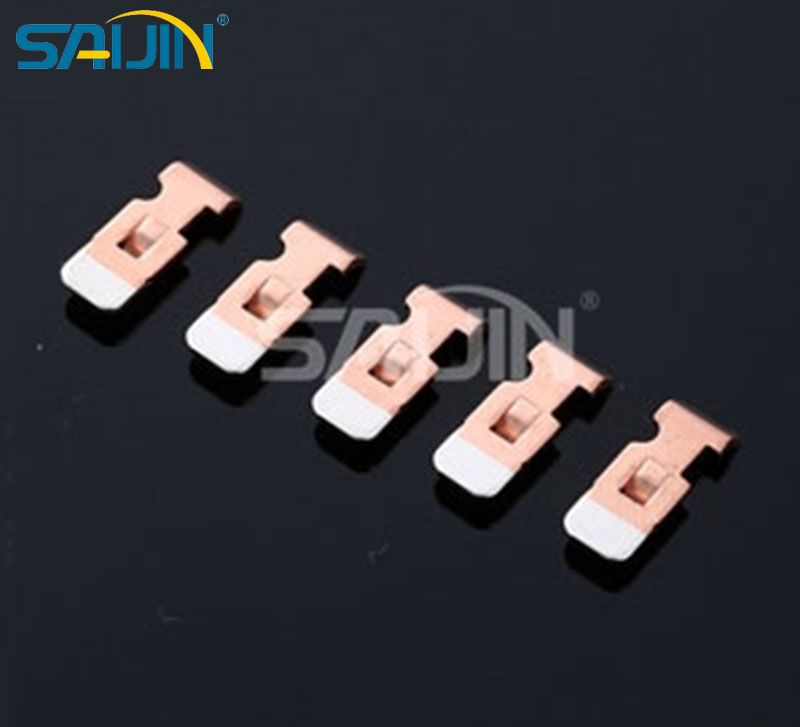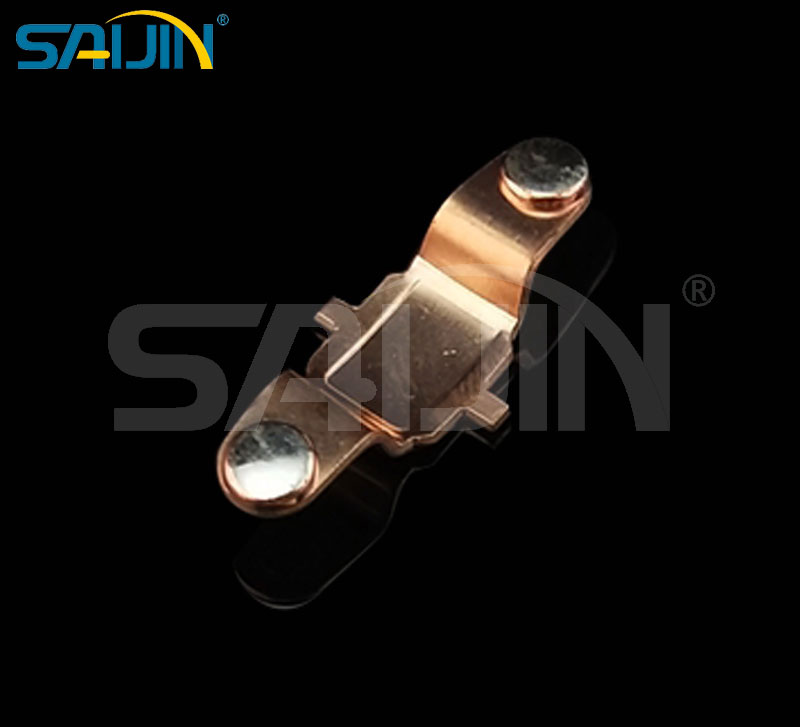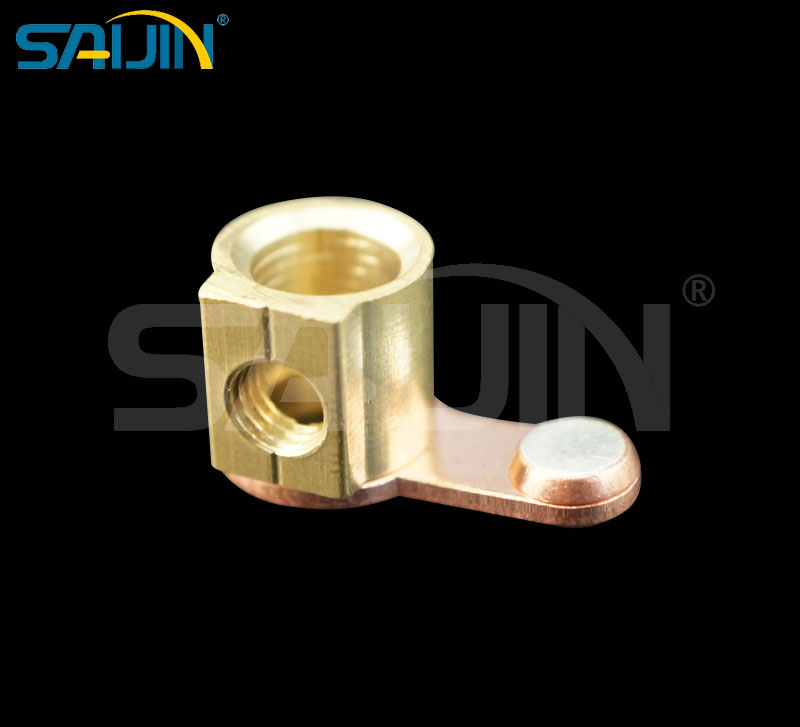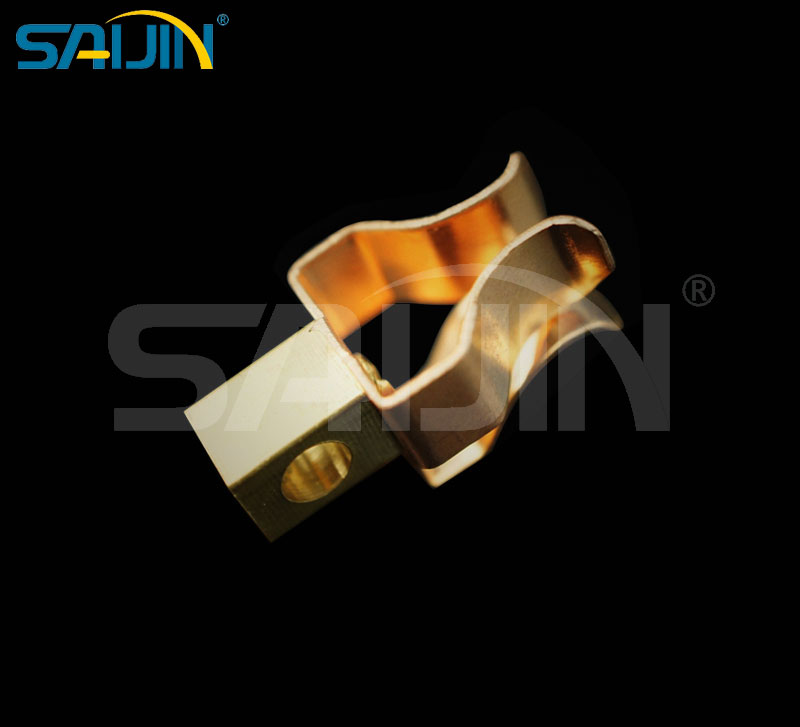What is alloy wire?
In the vast world of metal products, wire stands as a fundamental building block. But not all wire is created equal. When pure metals like copper, iron, or aluminum are combined with other elements to enhance specific properties, the resulting material is an alloy. When this alloy is drawn down into a long, thin, flexible strand or rod, we get alloy wire.
Definition of Alloy Wire
Alloy wire is a type of wire that is made by combining two or more different elements, at least one of which is a metal. These elements are melted together and then formed into a wire through processes such as drawing or extrusion. The resulting alloy wire has properties that are often superior to those of the individual metals, making it a popular choice in a wide range of applications.
Benefits of Alloy Wire
The primary advantage of alloy wire lies in its tailored performance. Here's what makes it indispensable:
1. Enhanced Strength and Hardness: Alloying significantly increases tensile strength and resistance to deformation. For example, steel wire (iron alloyed with carbon and often other elements like chromium or vanadium) is vastly stronger than pure iron wire.
2. Superior Corrosion Resistance: Alloys like stainless steel resist rust and chemical attack far better than plain carbon steel or copper, making them ideal for harsh environments (marine, chemical processing, medical).
3. High-Temperature Performance: Alloys like nickel-chromium oriron-chromium-aluminum maintain their strength and resist oxidation at extremely high temperatures, crucial for furnace elements, aerospace, and power generation.
4. Better Wear Resistance: Alloying can create harder surfaces or microstructures that resist abrasion and wear, extending the life of components like springs, cutting wires, and screens.
5. Controlled Electrical Properties: While pure copper offers the best conductivity, alloys like brass or bronze offer a good balance of conductivity with improved strength, formability, or corrosion resistance for electrical connectors and springs.
Types of Alloy Wire
AgNiAlloy Wires have arc erosion resistance and contact welding properties. Both properties improve with increasing Ni content. All AgNi materials show good workability and are easy to weld to contact supports. Low tendency towards material transfer in DC applications AgNi materials are environment-protective materials.
| Wires | AgNi10 | AgNi15 | AgNi20 | AgNi-T |
| CdO Content (Wt.%) | 10±1 | 15±1 | 20±1 | 12±1 |
| Density (g/cm3) | ≥10.25 | ≥10.15 | ≥10.05 | ≥10.20 |
| Elec.Resistivity (μΩ · cm) | ≤1.95 | ≤2.05 | ≤2.15 | ≤2.05 |
| Hardness HV (Mpa) | ≥800 | ≥800 | ≥850 | ≥850 |
| Tensile Strength (Mpa) | 240-350 | 250-360 | 260-380 | 260-380 |
| Elongation (%) | 8-20 | 6-20 | 5-18 | 5-18 |
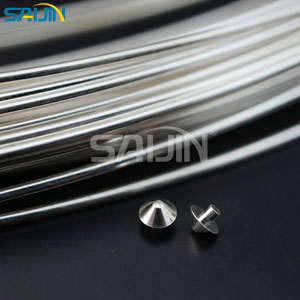
A high resistance against contact welding characterizes AgZnO materials.They also show a good resistance against arcerosion. Contact resistance of AgZnO tends to be higher than that of AgCdO. AgZnO can be produced by means of Atomizing-sintering-extrusion, mixing-compacting-sintering techniques as well as by internal oxidation.
| Wires | AgZnO (ASE) | |
| ZnO Content (Wt.%) | 8±1 | 10±1 |
| Density (g/cm3) | ≥9.65 | ≥9.60 |
| Elec.Resistivity (μΩ · cm) | ≤2.25 | ≤2.35 |
| Hardness HV (Mpa) | ≥850 | ≥850 |
| Tensile Strength (Mpa) | 285~350 | 285~350 |
| Elongation (%) | 15-25 | 12-20 |
| Manufacturing process | Atomizing-Sintering-Extrusion | |
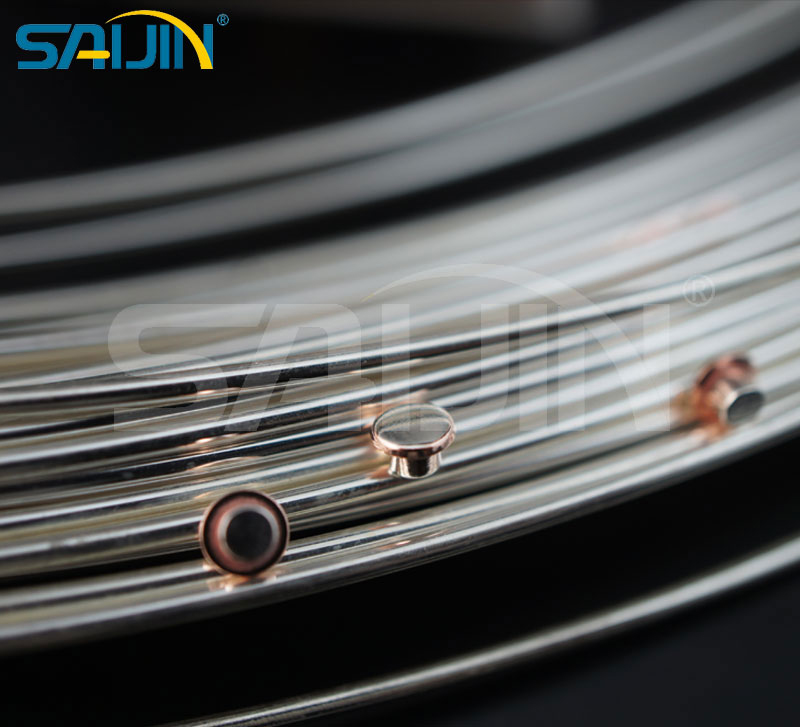
Solder wire silver has high resistance to welding,and much better properties than AgSnO2 and AgNi in the application of DC contactors.
AgCuO Alloy Wire contact materials are mainly used in medium and heavy load switches,such as contactors,magnetic switches,relays and controllers.They are more suitable for the application of DC contactors.
|
Wires |
AgCuOT(10)ASE |
AgCuOT(15)ASE |
|
Density(g/cm³) |
≥9.84 |
≥9.50 |
|
Elec.Resistivity(µΩ·cm) |
≤2.18 |
≤2.35 |
|
Hardness HV (Mpa) |
≥700 |
≥700 |
|
Tensile Strength(Mpa) |
230-285 |
230-285 |
|
Elongation(%) |
15-25 |
15-25 |
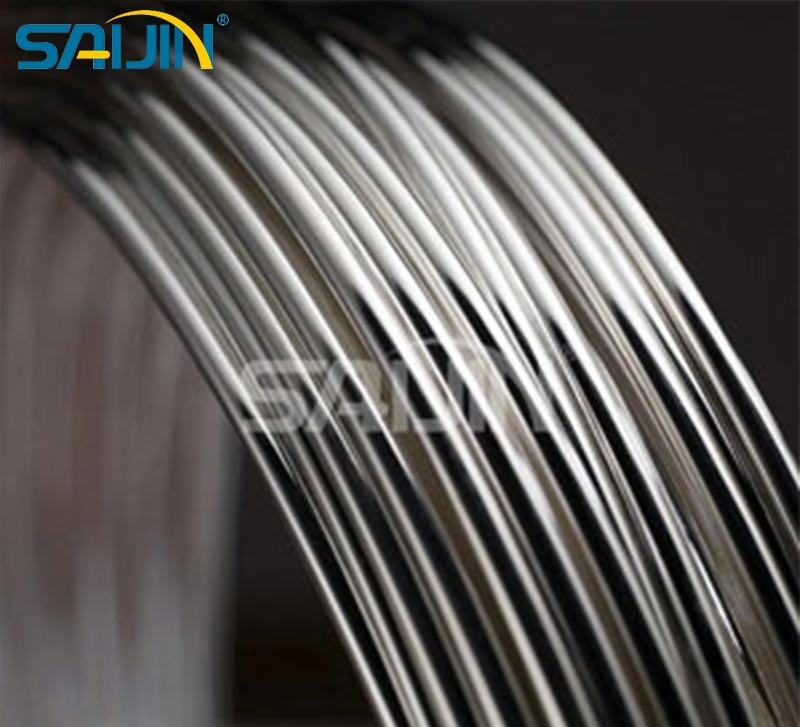
Nickel Alloy Wire
Nickel alloy wire is made by combining nickel with other elements such as chromium, iron, molybdenum, and cobalt. Nickel alloy wire has excellent high-temperature resistance, corrosion resistance, and mechanical properties. It is widely used in aerospace, chemical, and power generation industries. Different types of nickel alloy wire include Inconel wire (nickel-chromium-iron alloy), Monel wire (nickel-copper alloy), and Hastelloy wire (nickel-molybdenum-chromium alloy).
Aluminum Alloy Wire
Aluminum alloy wire is made by combining aluminum with other elements such as copper, magnesium, silicon, and zinc. Aluminum alloy wire has a low density, high strength-to-weight ratio, and good corrosion resistance. It is widely used in aerospace, automotive, construction, and electrical industries.
How to Choose the Right Alloy Wire
1. Determine the Application Requirements
The first step in choosing the right alloy wire is to determine the application requirements. Consider factors such as the environment in which the wire will be used (e.g., temperature, humidity, corrosive substances), the mechanical properties required (e.g., strength, hardness, ductility), and the electrical or thermal conductivity requirements.
2. Consider the Alloy Properties
Once the application requirements are known, consider the properties of different alloy wires. For example, if high strength and durability are required, steel alloy wire may be a good choice. If good corrosion resistance is needed, stainless steel or nickel alloy wire may be more suitable. If high electrical conductivity is required, copper alloy wire is often the best option.
3. Evaluate the Cost and Availability
Cost and availability are also important factors to consider when choosing alloy wire. Some alloy wires may be more expensive than others due to the cost of the raw materials or the manufacturing process. Additionally, some alloy wires may be more readily available than others, depending on the supplier and the location.
4. Consult with a Professional
If you are unsure about which alloy wire to choose, it is always a good idea to consult with a professional. A materials engineer or a wire manufacturer can provide valuable advice based on their experience and expertise, helping you to select the right alloy wire for your specific application.
Conclusion
Alloy wire is a versatile material with a wide range of benefits and applications. By understanding the different types of alloy wire and their properties, as well as the factors to consider when choosing the right one, you can make an informed decision and select the best alloy wire for your needs.

